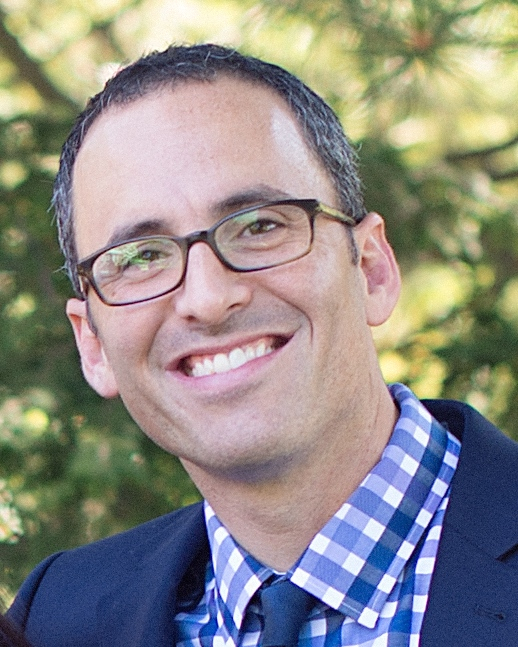SAMUEL R. SOMMERS, PhD
Professor and Chair of Psychology, Tufts University; Author

SPEAKING TOPICS:
- The Science of Diversity and Implicit Bias
- The Psychology of Unethical and Biased Behavior
- The Curse of Expertise: Why the Best Players Make the Worst Coaches
HONORS & AWARDS:
- 2019 – Service to SPSP Award, Society for Personality and Social Psychology
- 2018 – Fellow, Association for Psychological Science
- 2018 – Fellow, Society for Personality and Social Psychology
- 2012 – Tisch Library Parents Weekend Author Talk, Tufts University
- 2011 – Fellow, Society for the Psychological Study of Social Issues
- 2009 – Gerald R. Gill Professor of the Year Award, Tufts University
- 2009 – Fellow, Society of Experimental Social Psychology
- 2008 – Saleem Shah Award for Early Career Excellence in Psychology and Law, American Psychology-Law Society (APLS)
- 2008 – A&E Multicultural Service Award, Tufts University
- 2007 – Lerman-Neubauer Prize for Outstanding Teaching & Advising, Tufts University
- 2005 – Hall of Diversity Inductee, Tufts University
Professor and Chair of Psychology, Tufts University; Author Sam Sommers, PhD, is an award-winning teacher and researcher of social psychology at Tufts University in Medford, MA. At Tufts, Sommers is known for his engaging and humorous lecture style and has won multiple teaching awards, including his selection by the student senate as the Professor of the Year. His research specialties include how people think, communicate, and behave in diverse settings, as well as psychological perspectives on the United States legal system.
His first book, Situations Matter: Understanding How Context Transforms Your World combined behavioral science findings with pop culture analysis, examples from politics and sports, and personal anecdotes to offer an accessible exploration of the invisible forces shaping our daily lives. In his second book, This is Your Brain on Sports, Sommers teams up with L. Jon Wertheim of Sports Illustrated to explore what the world of sports has to teach us about business success, leadership, coaching, parenting, and human nature more generally.
Sam has led workshops in which he introduces corporate, governmental, and academic audiences to research on race, gender, and diversity issues; he has consulted with attorneys, judges, and legal associations on psychological research regarding the often subtle and unconscious nature of contemporary discrimination. His research has been featured by media outlets including Good Morning America, National Public Radio, Harper’s Magazine, MSNBC, the London Times, the Los Angeles Times, the New York Times, and The Washington Post.
The Science of Diversity and Implicit Bias
Talking about race, culture, gender, and other forms of diversity can be tricky. These conversations can be uncomfortable, can make people defensive and dismissive, and can be counterproductive. Sam has extensive experience conducting such discussions in an engaging yet non-threatening manner that gets people thinking about their own expectations and tendencies in new ways. These interactive presentations convey the latest scientific research on diversity-related issues in terms that are accessible, relevant, and thought-provoking, and can be tailored to meet the unique objectives and size of your organization.
The Psychology of Unethical and Biased Behavior
Our knee-jerk response to ethically dubious or outrageous behavior is to rely upon a bad apples explanation (i.e., bad people are to blame for bad things). In reality, there’s much more to it, as any compliance official knows. Drawing upon examples from business, sports, and other domains, this talk explores the ways in which unethical behaviors are often surprisingly context-dependent, incremental, unintentional, and contagious.
The Curse of Expertise: Why the Best Players Make the Worst Coaches
Across sports, there is no shortage of examples of elite players who have tried their hands at coaching and front office positions with less than impressive results. Explanations for this tendency abound, but an important and often overlooked factor is what behavioral scientists refer to as the curse of expertise: as people become more expert in performing a given task, we simultaneously tend to become worse at explaining this performance to others. This talk considers the curse of expertise in sports, as well as business and other endeavors in which transmitting knowledge from one entity to another is essential, and identifies strategies for overcoming it.
BOOK SAMUEL
